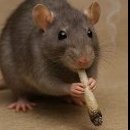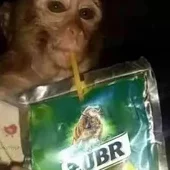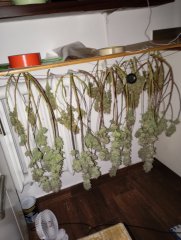

Podobne do łysiczek i lepsze. W domu jak konopie.
-
Podobna zawartość
-
Uprawa Grzybów Psilocybe cubensis - Od A do Z
Przez Gość joker,
- Uprawa Grzybów
- Psilocybe
- (i 3 więcej)
- 1 reply
- 69600 wyświetleń
-
- 3 replies
- 20422 wyświetleń
-
Grzybki - GoldenTeacher Psilocybe Cubensis 1 2 3
Przez ThistleG,
- goldenteacher
- psilocybe cubensis
- (i 1 więcej)
- 23 replies
- 9417 wyświetleń
-
- 2 replies
- 937 wyświetleń
-










Recommended Posts
Dołącz do dyskusji
Możesz dodać zawartość już teraz a zarejestrować się później. Jeśli posiadasz już konto, zaloguj się aby dodać zawartość za jego pomocą.